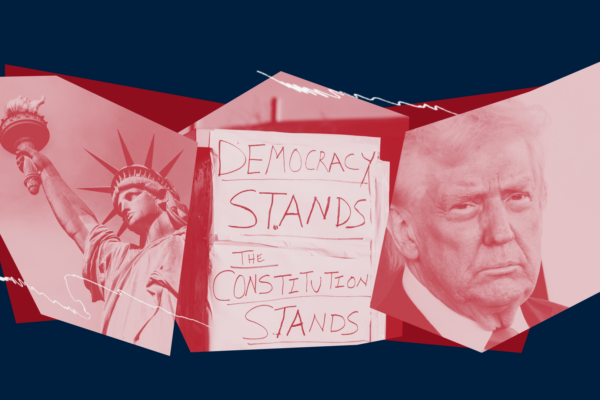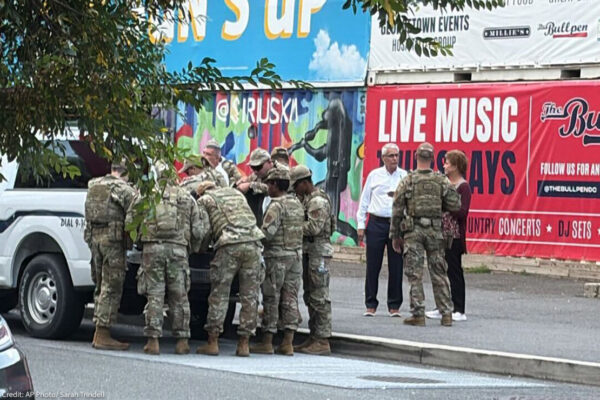Criminal Justice Reform
The rights guaranteed to criminal suspects, defendants, offenders and prisoners are not mere technicalities. They are fundamental political rights that protect all Americans from governmental abuse of power. These rights include the guarantee against unreasonable search and seizure, the right to reasonable bail, the right to due process of law and the right to be free from cruel and unusual treatment—and they are indispensable to a free society. Yet crime control policies all too often assume that harsher law enforcement policies and longer prison sentences can solve the problem. The ACLU works to puncture this “tough on crime” rhetoric, safeguard fundamental liberties, and advocate for sensible, evidence-based reforms of criminal justice policies.

The rights guaranteed to criminal suspects, defendants, offenders and prisoners are not mere technicalities. They are fundamental political rights that protect all Americans from governmental abuse of power. These rights include the guarantee against unreasonable search and seizure, the right to reasonable bail, the right to due process of law and the right to be free from cruel and unusual treatment—and they are indispensable to a free society. Yet crime control policies all too often assume that harsher law enforcement policies and longer prison sentences can solve the problem. The ACLU works to puncture this “tough on crime” rhetoric, safeguard fundamental liberties, and advocate for sensible, evidence-based reforms of criminal justice policies.
The Latest

A Year of Resistance in the Nation’s Capital: How D.C. Resisted the First Year of the Second Trump Administration

Three Reasons D.C. Youth Need More Support, Not More Punishment
Cases, Campaigns & Legislation
Kingdom v. Trump – Challenging Denial of Gender Affirming Care to Incarcerated People with Gender Dysphoria
Martin v. United States – fighting to preserve federal officer accountability for constitutional violations
Stay Informed
Sign up to be the first to hear about how to take action.
By completing this form, I agree to receive occasional emails per the terms of the ACLU’s privacy statement.
By completing this form, I agree to receive occasional emails per the terms of the ACLU’s privacy statement.


